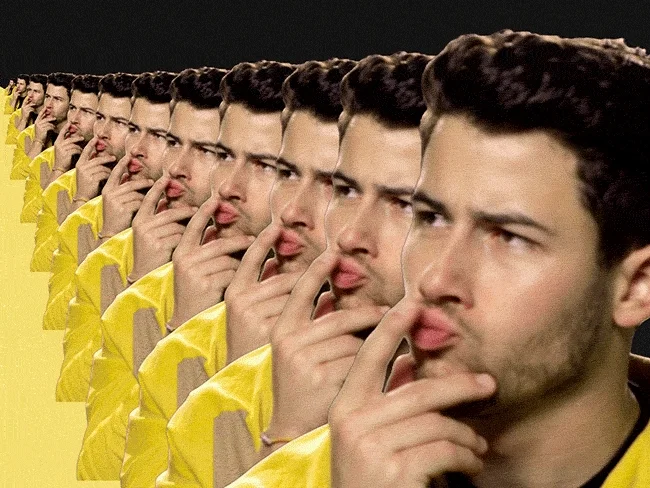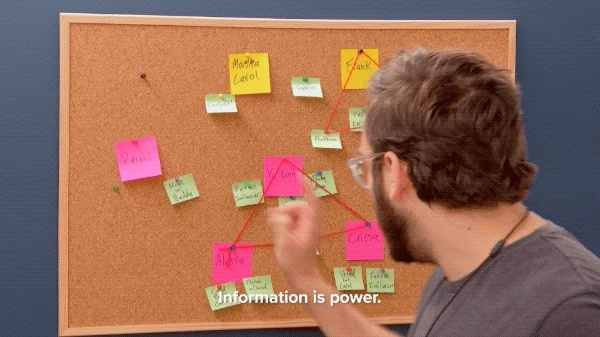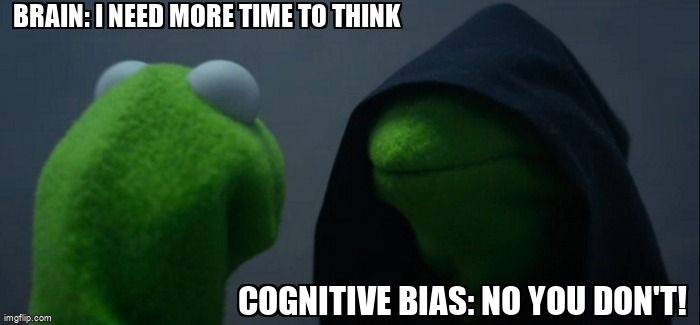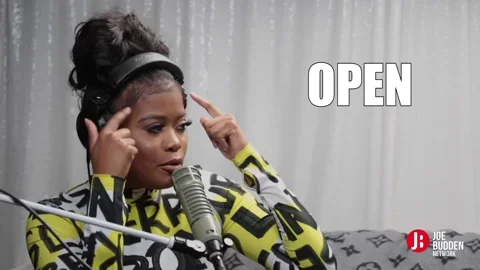
Have you ever wondered where your beliefs and opinions come from?
Or how you make sense of the world that we live in?
Why you read certain newspapers and not others?
We like to think that we're able to make judgments and decisions in an objective and logical way. But, that's not always the case.
What Is Confirmation Bias?

Confirmation bias is the human tendency to selectively gather and process information in order to confirm our assumptions and preconceptions — whether they're true or not.
It not only affects the way we gather information but also how we process and remember it.
In other words, we don’t learn rationally. We don't take in information and then make an objective judgment. Instead, the way we learn is influenced by what we already know and who we are.
How Does Confirmation Bias Impact Our Decisions?

Every day, we're bombarded with information. It comes from other people, the internet, social media, our experience, and other sources. Our minds must find a way to process and store this information.
One way we do this is by developing shortcuts. Confirmation bias is a cognitive shortcut our brains take when we're under pressure to make decisions or take action.
As humans, our need for consistency makes us open to bias. Our brains would rather see the world as logical than as complex shades of grey.
Quiz
Confirmation bias happens because:
Confirmation Bias In Action
 In 1979, a team from Stanford University conducted an experiment. Researchers recruited two groups of people to participate in a study: people who were in favor of the death penalty and those who were against it.
In 1979, a team from Stanford University conducted an experiment. Researchers recruited two groups of people to participate in a study: people who were in favor of the death penalty and those who were against it.
The researchers asked the participants to read studies, half of which had evidence supporting the death penalty and half of which had evidence against it.
At the end of the experiment, all of the participants felt even more strongly about their original stances on the death penalty.
Why?
Because they focused only on the evidence that supported their prior beliefs and ignored the rest.
Subscribe for more quick bites of learning delivered to your inbox.
Unsubscribe anytime. No spam. 🙂
4 Ways To Avoid Confirmation Bias
 Photo by Dmitry Ratushny on Unsplash
Photo by Dmitry Ratushny on UnsplashCheck your sources! Are they reputable and reliable?
Get uncomfortable! This may mean looking at resources that you don't like. If you want to understand all sides of an issue, you will need to hear from all sides.
Don't rely on social media for your information! We tend to follow people who think the way we do. By design, social media is biased towards your beliefs.
Listen! Actively seek out people with opposing views.
Impact Of Confirmation Bias On The Way We Research

Confirmation bias happens when you look for and use information to support your own ideas or beliefs.
If you were to search “Are cats better than dogs?” in Google, what results would you get?You'd get sites listing all the reasons why cats are better.
However, if you were to search “Are dogs better than cats?” Google would only provide you with sites that believe dogs are better than cats.
What does this show?
Phrasing questions in a one-sided way will bias your searches to information that's consistent with your opinion.
Quiz
What is the best way to ask this question?
Confirmation Bias in Action
Still confused? Don't worry. Confirmation bias is complex. This video explains confirmation bias with an investment example:
Take Action
Confirmation bias affects everyone and is part of being human.
The first step is being aware that confirmation bias exists.

The next time you have a strong opinion about something or need to make a decision, challenge yourself to think again about what you think you know, remember, and understand:
Your feedback matters to us.
This Byte helped me better understand the topic.
